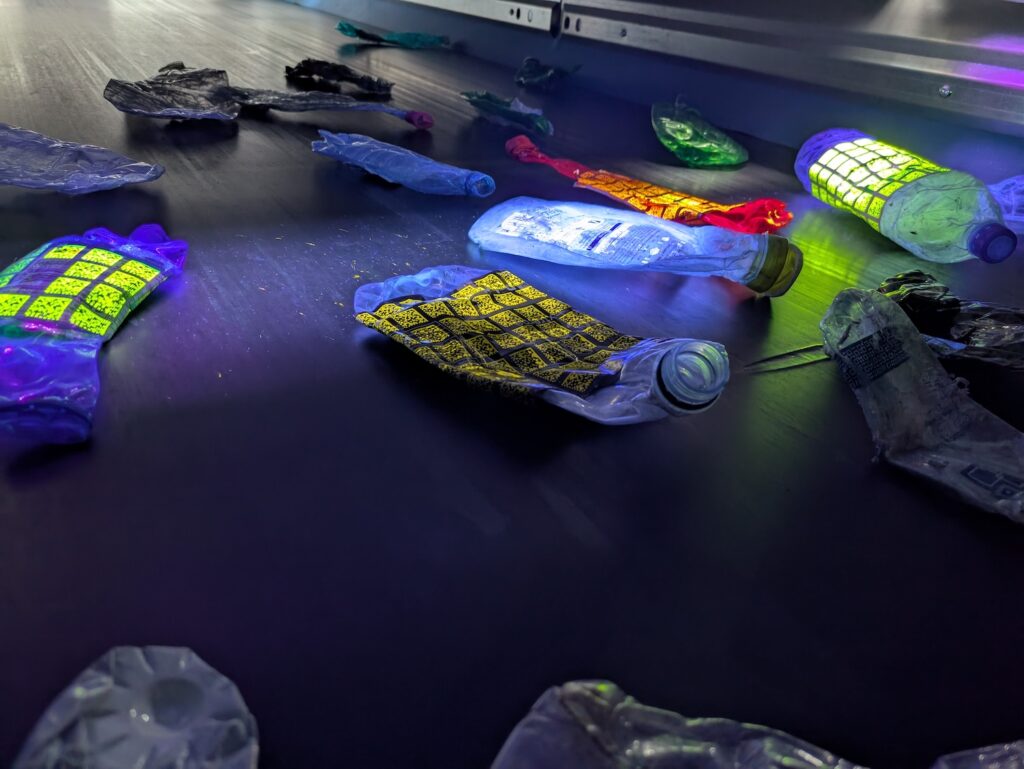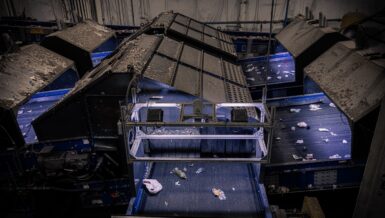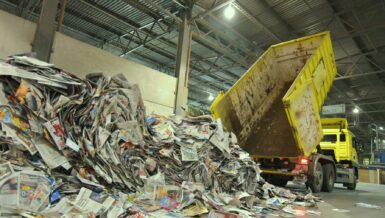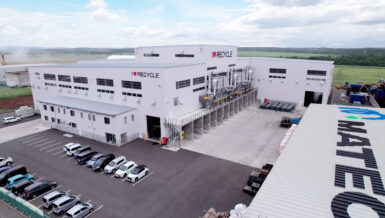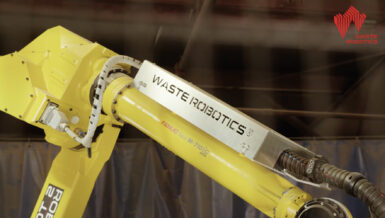By combining Pellenc ST’s expertise in sensor-based sorting with Polytag’s data management, the partnership enables real-time tracking and optimization of packaging waste through the recycling process from MRF to Recyclers. Each packaging item is embedded with invisible printed UV watermarks, in the form of a GS1 open standard data matrices. As it enters the recycling stream, a detection unit instantly captures its associated data. The system executes precise sorting actions based on near-infrared (NIR) spectroscopy and UV watermark.
This non-exclusive partnership between Polytag and Pellenc ST provides recycling facilities with powerful new capabilities to detect and sort waste streams. By embedding smart data at barcode level directly into packaging materials, the collaboration empowers waste management companies and brand owners with unprecedented control of the recycling journey of their products, ensuring that more packaging stays within the circular economy.
“Our partnership with Pellenc ST marks a significant milestone for circularity,” said Alice Rackley, CEO of Polytag. “By combining our UV watermark technology, powered by GS1 standards, with their smart sorting and quality control solutions, we are giving brand owners unparalleled insight into their recycled packaging, reinforcing sustainability and traceability in the value chain.”
Jean Henin, CEO of Pellenc ST, quoted: “Open standards are critical to implement Digital Product Passport. By partnering with Polytag, we are empowering recycling facilities with innovative tools to optimize sorting processes and enhance material recovery.”
Pellenc ST and Polytag have implemented a sorting prototype in Pellenc ST Innovation Center and validated it to TRL 7. In addition, Pellenc ST plans to manufacture UV reader modules.
This collaboration will accelerate the transition towards circularity of packaging and product traceability, supporting the implementation of PPWR.

